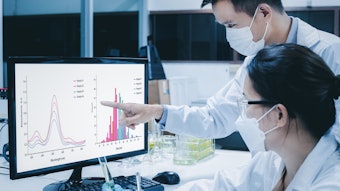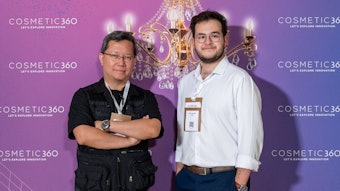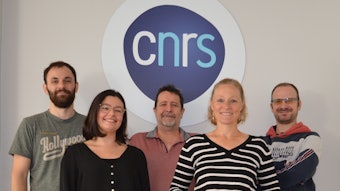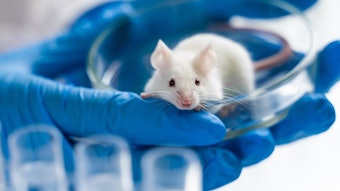
BASF has signed a cooperation agreement with the Center of Excellence in Biocatalysis, Biotransformation and Biomanufacturing (CoEBio3). For nearly three years, BASF will fund the activities of the University of Manchester affiliated facility to further enzyme research. BASF is expected to pay nearly €1 million.
"The staff of the newly set up institute in Manchester have a wealth of experience in enzyme screening and optimization," said Alfred Hackenberger, PhD, head of the specialty chemicals research division. "The research alliance will allow BASF to benefit from the know-how of scientists based outside the company. In addition, the university will undertake the very time-consuming basic research involved."
BASF currently uses enzymes for white biotechnology. These biocatalysts currently help produce new products and improve existing processes; however, the company is hoping use the cooperation with the university facility to expand the range of the enzymes. For example, the company reports that further research may lead to the production of novel polymers for the cosmetics industry.
As part of the alliance, the university will screen enzymes, focusing mainly on soil, to determine potential technological benefit. The scientists will also be responsible for optimizing the performance of already known biocatalysts.
BASF has signed nearly 30 cooperation agreements with universities to further its research in white biotechnology. This year alone, the company has signed three agreements with universities in Austria and Germany.










!['We believe [Byome Derma] will redefine how products are tested, recommended and marketed, moving the industry away from intuition or influence, toward evidence-based personalization.' Pictured: Byome Labs Team](https://img.cosmeticsandtoiletries.com/mindful/allured/workspaces/default/uploads/2025/08/byome-labs-group-photo.AKivj2669s.jpg?auto=format%2Ccompress&crop=focalpoint&fit=crop&fp-x=0.49&fp-y=0.5&fp-z=1&h=191&q=70&w=340)